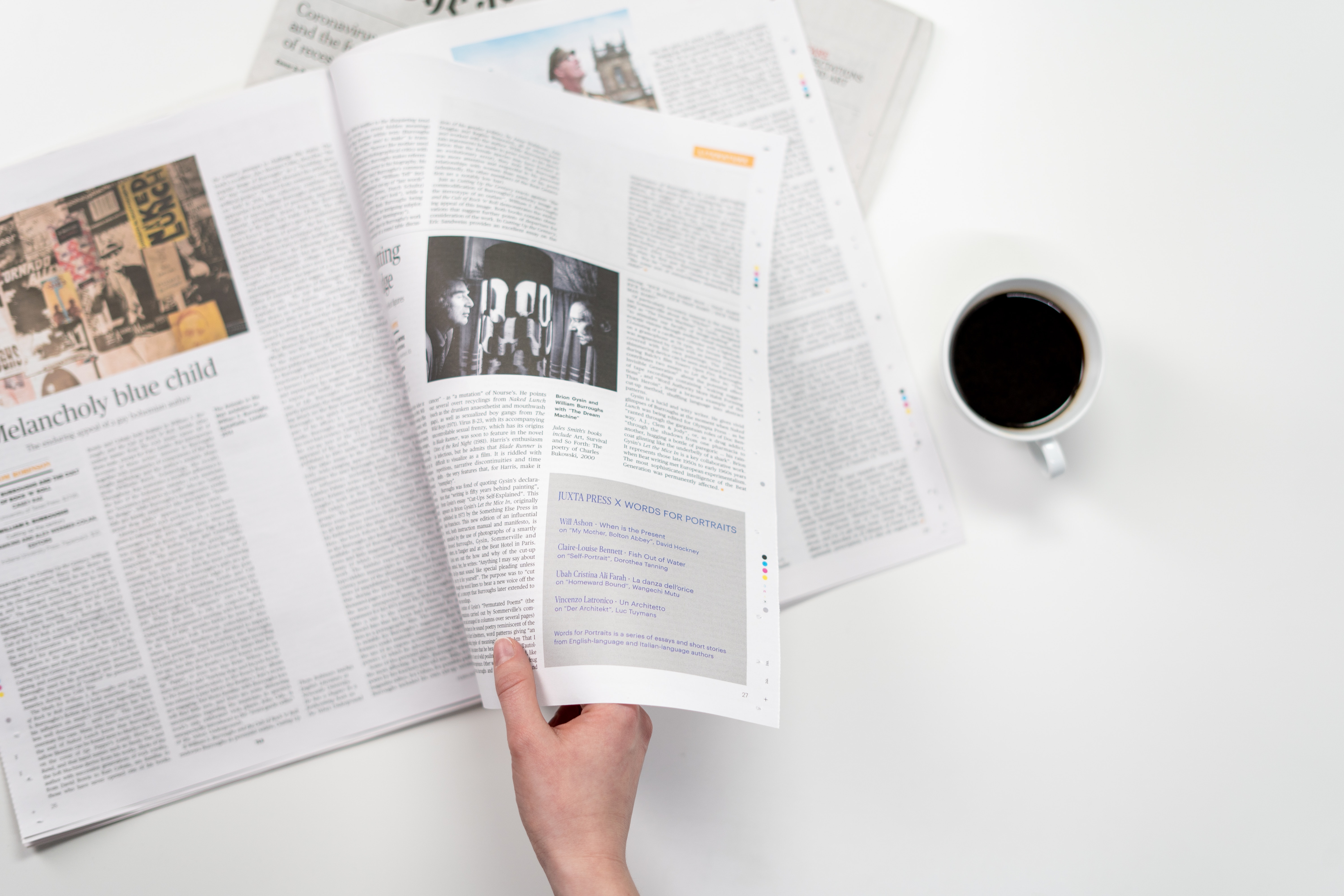Inquiries and the media
Wednesday November 30, 2022

Digital & Communications Manager Ian Grieve talks about how OSCR responds to media requests about charity concerns and OSCR’s inquiry work.
OSCR’s vision is for a trusted and respected Scottish charity sector which positively contributes to society. We support this vision in all of our work, and it is our duty to consider risk to charities, encourage compliance, identify and investigate potential wrongdoing, and respond appropriately.
In most cases the trustees of a charity meet their duties very well, but when something goes wrong, and they have not addressed the situation effectively, it may be necessary for OSCR to intervene.
Handling concerns
OSCR receiving a concern does not necessarily mean that the charity has done anything wrong or that we will take any action.
There have been reports in the media stating that charities face an ‘investigation’ from OSCR because someone has raised a concern to us. However, it is important to know that OSCR receiving a concern does not necessarily mean that the charity has done anything wrong or that we will take any action.
We conduct a risk assessment on the concerns we receive to first see if there are any regulatory matters for OSCR. We will only determine if we will open an inquiry after the concern is assessed.
This assessment may or may not require us to gather more information from a variety of sources, so it’s not always possible to complete it immediately.
Assessments, investigations, and inquiries… what does it all mean?
At OSCR we don’t use the term investigation when talking about this type of work. We feel this better explains the process:
- initially, we do an assessment of a concern to see if there are potential regulatory matters; and if so,
- we conduct an inquiry to gather all of the information we need to make a final decision on whether and what regulatory action is required.
The complete process is outlined in our inquiry guidance. If you are raising a concern, or if you are a charity which we’ve received concerns about, we suggest you read this guidance so you know what will happen.
OSCR’s response to media queries about concerns and ongoing inquires
There are times when someone has a concern about a charity and they also engage with the media to help highlight the issues they have identified.
Generally, the vast majority of media queries we receive ask to confirm if we have received a concern or provide an update to on ongoing inquiry.
We feel it is vital that we do not prejudice the work of OSCR or a charity by commenting on an ongoing case. However, we may confirm a matter of fact like the receipt of a concern from someone who has subsequently contacted the media to say so. The lack of a comment from OSCR during an inquiry is not an admission that the charity has done anything wrong or a confirmation that the people raising concerns are incorrect.
When we have concluded an inquiry, we may provide a greater level of detail on our findings when asked. This information will mirror what we provide in our closing letters to someone who raised a concern.
Inquiry reports
We may publish an inquiry report when an inquiry has had a significant media interest, when we use our formal powers or when there are notable lessons for the sector after an inquiry’s outcome.
These reports contain:
- a summary of concerns raised
- the work conducted during an inquiry
- details on any regulatory action
- lessons for the sector (if applicable).
When we publish an inquiry report we will publish a news item on our website and the report will appear on our inquiry reports page.
Generally we will not comment any further on the report unless it is an interim version due to be updated in the future.
How can charities help OSCR?
OSCR can only conclude assessments and inquiries after we have all the information we need. If you are a charity trustee and receive a request for information from OSCR, please read it thoroughly, respond to us as quickly as you can, and provide us with contacts in case we need to engage with your charity in the future.
We generally only use our formal powers in the most serious of cases. Most of the time, the outcome will be that we provide guidance and recommendations, based on what prompted a concern. Trustees should use these recommendations to help improve the governance of their charity and ultimately help deliver the purpose for which they were set up for.
Legitimate concerns must be taken very seriously, for the good of your charity, its beneficiaries and the sector as a whole.
